You have not yet added any article to your bookmarks!

Join 10k+ people to get notified about new posts, news and tips.
Do not worry we don't spam!
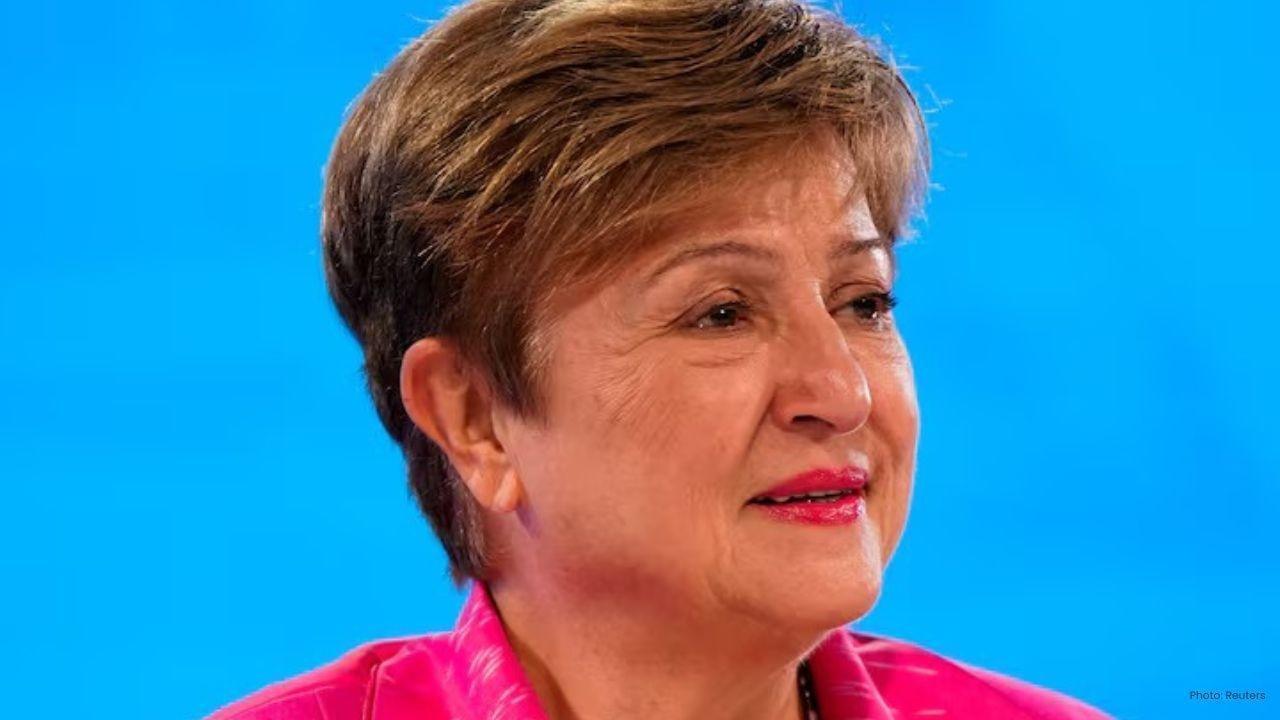
Post by : Rameen Ariff
In an unprecedented move, the United Nations has announced a sweeping plan to reduce its global peacekeeping forces by roughly 25%, affecting nearly 14,000 personnel worldwide. The decision comes amid mounting financial pressures caused by declining contributions from major donor nations, particularly the United States, alongside growing demands to restructure UN operations to address a changing geopolitical landscape.
The Scale of the Reduction
This drawdown represents the largest peacekeeping cut in modern UN history. Sources within the UN Secretariat indicate that nine major operations will be impacted, including missions in the Democratic Republic of Congo, South Sudan, Somalia, and Lebanon. The reductions are expected to occur over the next nine to twelve months and will involve both troop withdrawals and civilian downsizing across field missions.
The UN’s peacekeeping budget, which previously exceeded $6.5 billion annually, is expected to shrink by at least 15%. This financial squeeze may force some missions to consolidate resources or close entirely in certain regions.
Reasons Behind the Decision
A sharp reduction in U.S. funding, which historically covers about a quarter of UN peacekeeping costs, is the main driver behind this decision. Shifts in Washington’s policy toward domestic priorities have left the UN with an unprecedented shortfall, prompting emergency assessments of mission sustainability.
In parallel, internal reforms are being pursued to streamline logistics, eliminate duplication, and enhance accountability within the Department of Peace Operations. These changes are intended to make peacekeeping more efficient and responsive to modern challenges.
Impact on the Ground
The drawdown is expected to have serious implications for stability in conflict-prone regions. In the Democratic Republic of Congo, where UN peacekeepers have operated for over twenty years, local militias remain active, and a reduced UN presence could embolden armed groups. South Sudan, already facing severe humanitarian crises, may experience diminished protection for displaced civilians. Similar concerns are raised in Lebanon and Somalia, where UN contingents have historically served as critical deterrents.
The Human Cost
Thousands of peacekeepers — including soldiers, police officers, and civilian staff — will face job losses or reassignment. Many host nations also depend economically on UN bases, which support local trade, transportation, and services. For these communities, the UN’s withdrawal represents both a loss of income and reduced international engagement.
The UN’s Dilemma
For the UN Secretariat, the challenge extends beyond financial constraints; it is existential. The organization faces growing scrutiny regarding its relevance and effectiveness in the 21st century. Member states are split between those calling for stricter budget discipline and those urging the UN to maintain its global presence at all costs. Diplomats describe the current situation as “the toughest balancing act in decades.”
A Shift Toward Regional Security
As the UN retrenches, regional organizations are expected to fill the void. The African Union, European Union, and other regional coalitions may expand their own security missions, leading to a more decentralized approach to peacekeeping. Experts note that while this could enable faster, localized responses, it also risks inconsistent standards and political fragmentation.
The Bigger Picture
The 25% reduction is more than an administrative adjustment; it signals a strategic redefinition of multilateral security. Once a central pillar of post-war global stability, the UN is now adapting to an era of multipolar competition, shrinking budgets, and rising regional powers. Successful reforms could result in a leaner, more focused UN. Conversely, failure could create security vacuums in regions already at risk.
Editorial Insight
This moment marks a critical juncture for the United Nations — a crossroads between maintaining relevance and retreating from global obligations. The organization’s capacity to reinvent itself under pressure will determine whether global peacekeeping remains a coordinated international responsibility or becomes a fragmented effort led by regional powers. For millions living in fragile states, this is not just a policy decision — it is a matter of survival.


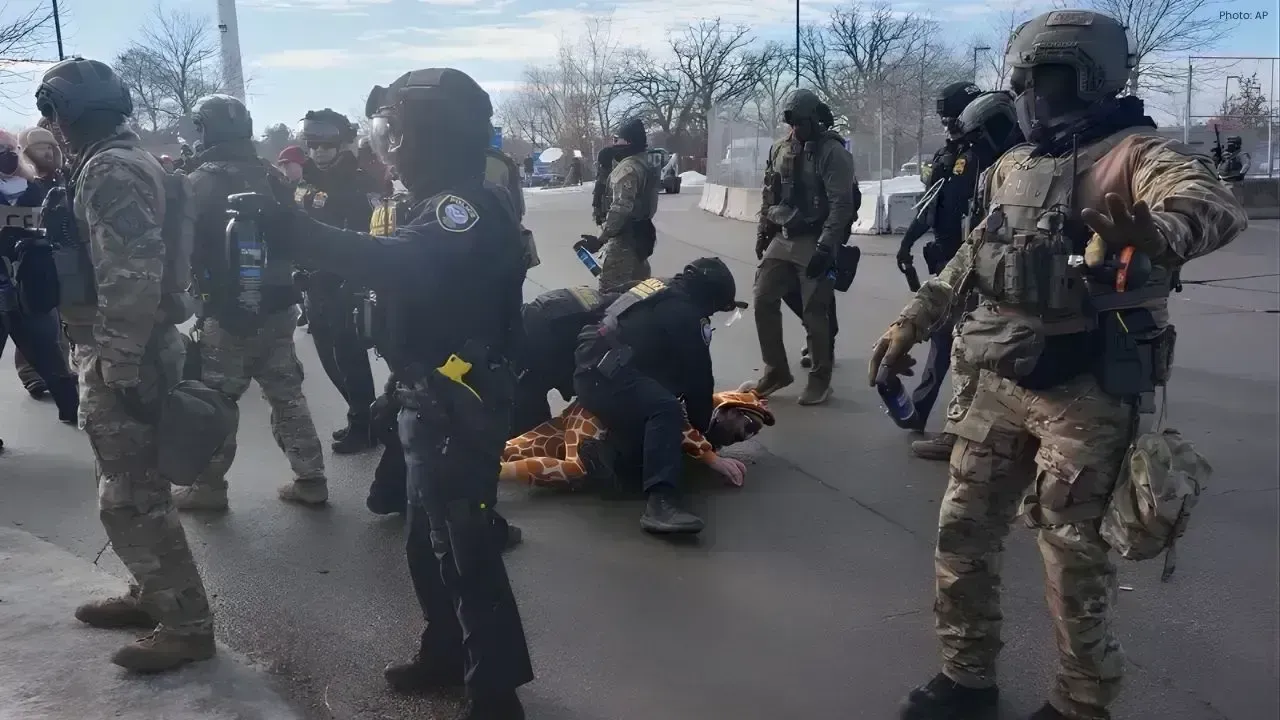
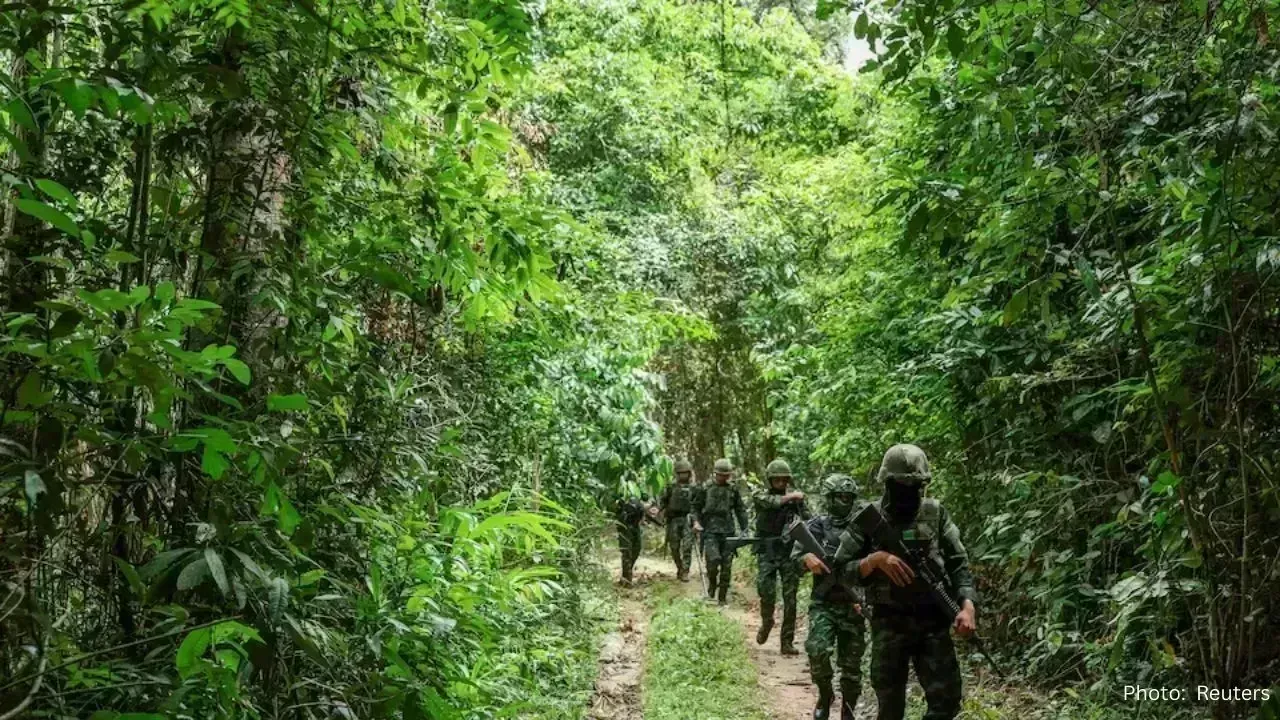
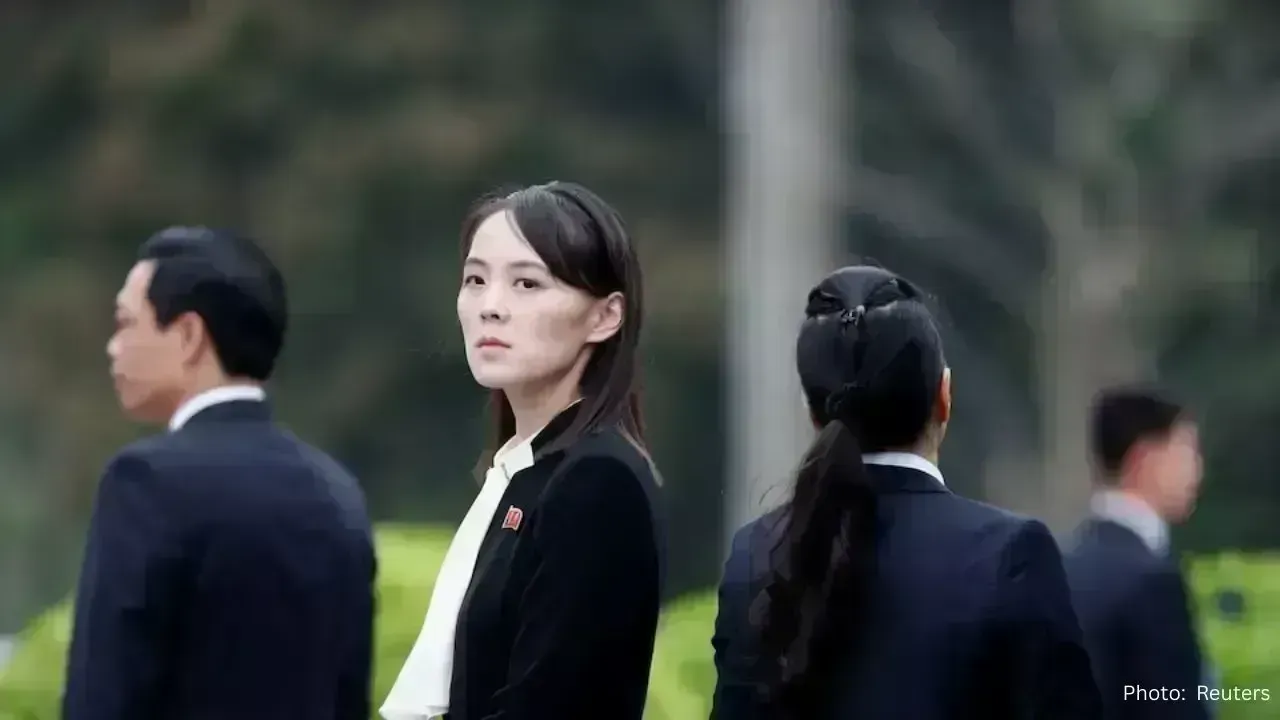


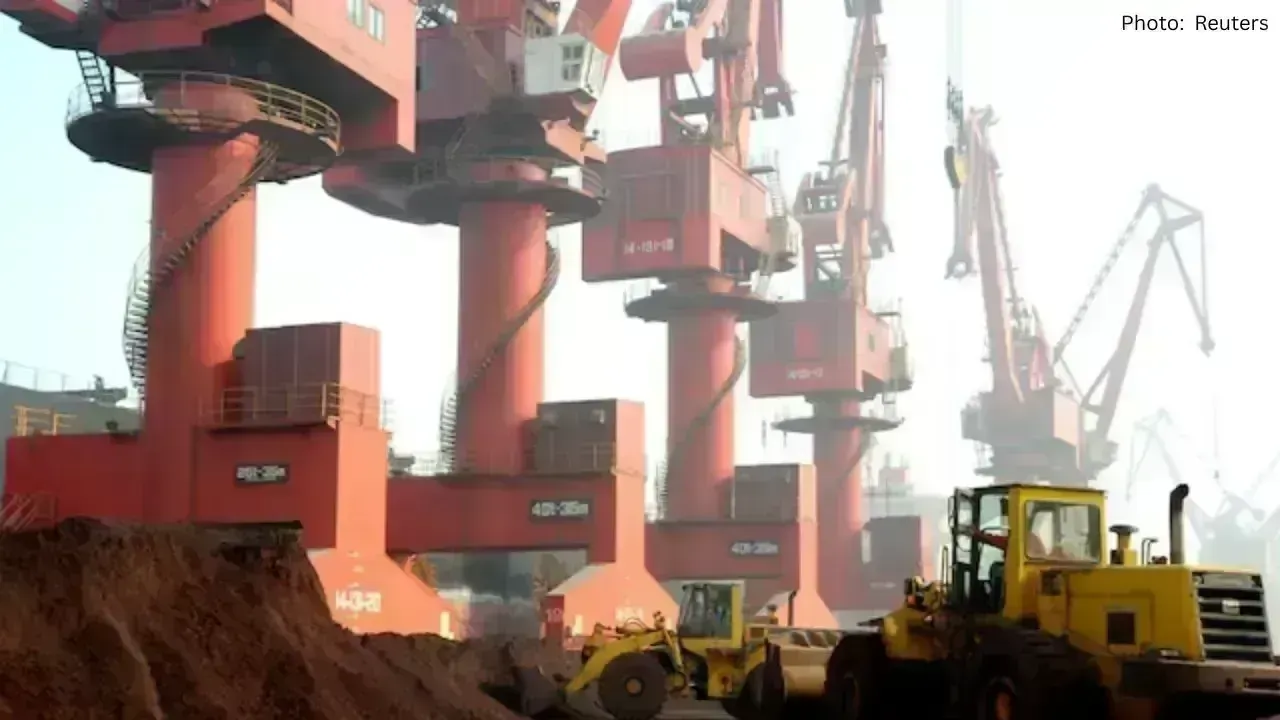
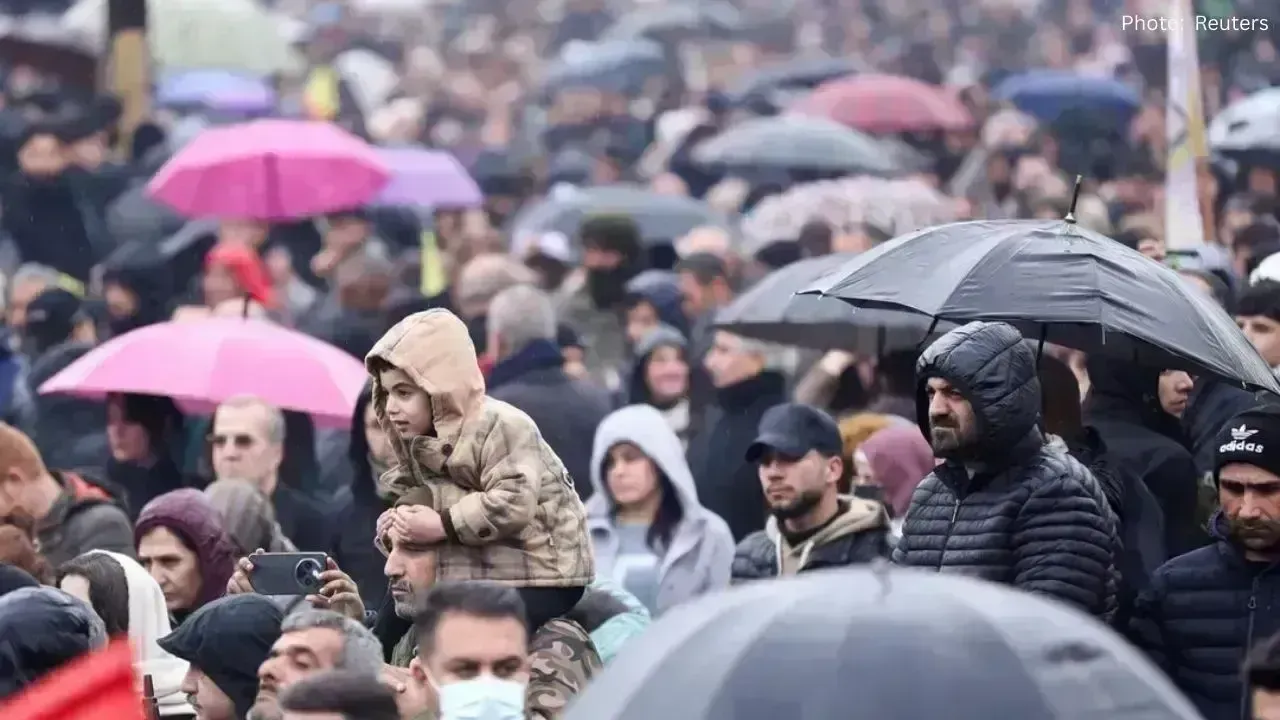

Kim Yo Jong Rejects South Korea’s Peace Hopes, Demands Apology Now
Kim Yo Jong says South Korea’s hopes for better ties are impossible and demands apology over drone i
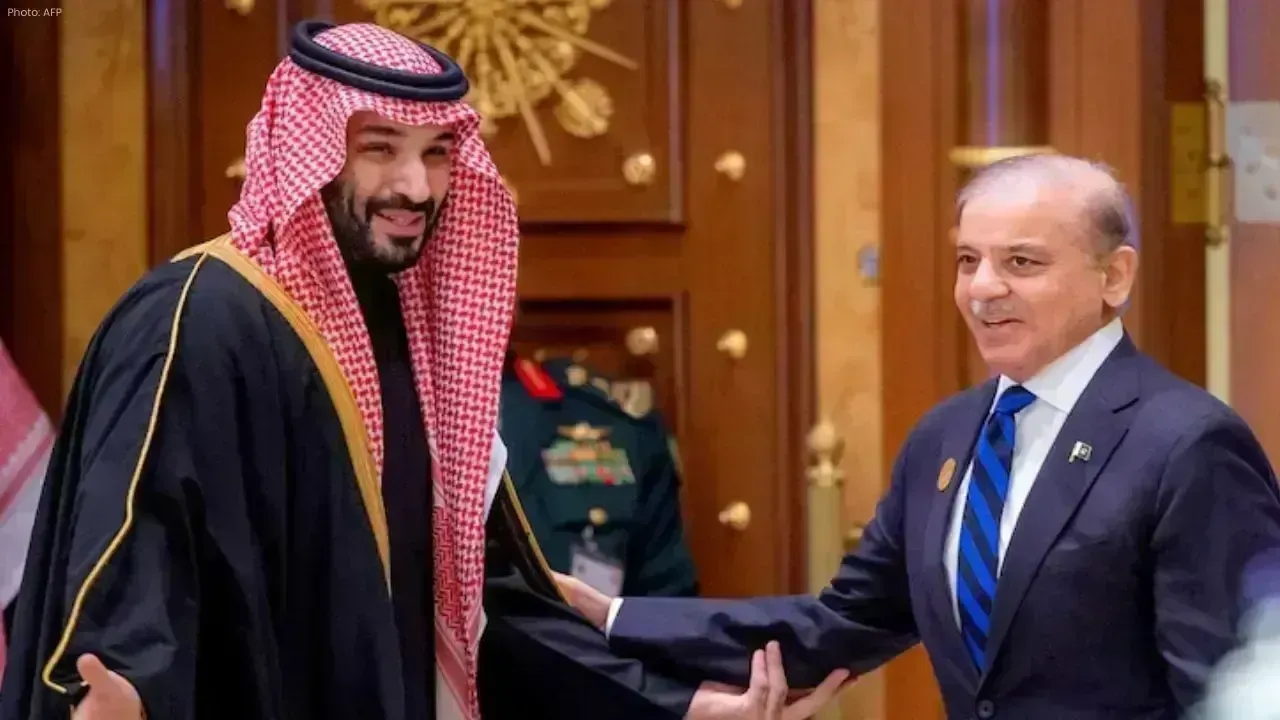
Turkey Eyes Saudi-Pakistan Security Pact Like NATO’s Defense Deal
Turkey plans to join a Saudi-Pakistan security alliance with collective defense, sharing military an

Gold Nears Record High, Silver Breaks $90 on Rate Cut Hopes
Gold hovered near a record peak while silver surged past $90 as weak U.S. inflation data strengthene

Alyssa Healy Announces Retirement, To Play Final Matches Against India
Alyssa Healy to retire after India series, ending a 15-year career with 3,563 ODI runs, 275 dismissa

Malaysia to Take Legal Action Against X Over AI Chatbot Grok Safety
Malaysia’s regulator warns X over AI chatbot Grok, citing user safety risks from sexualized image cr

Rashami Desai Opens Up About 8-Year Battle With Depression
TV actress Rashami Desai reveals how work helped her heal from an eight-year-long struggle with depr